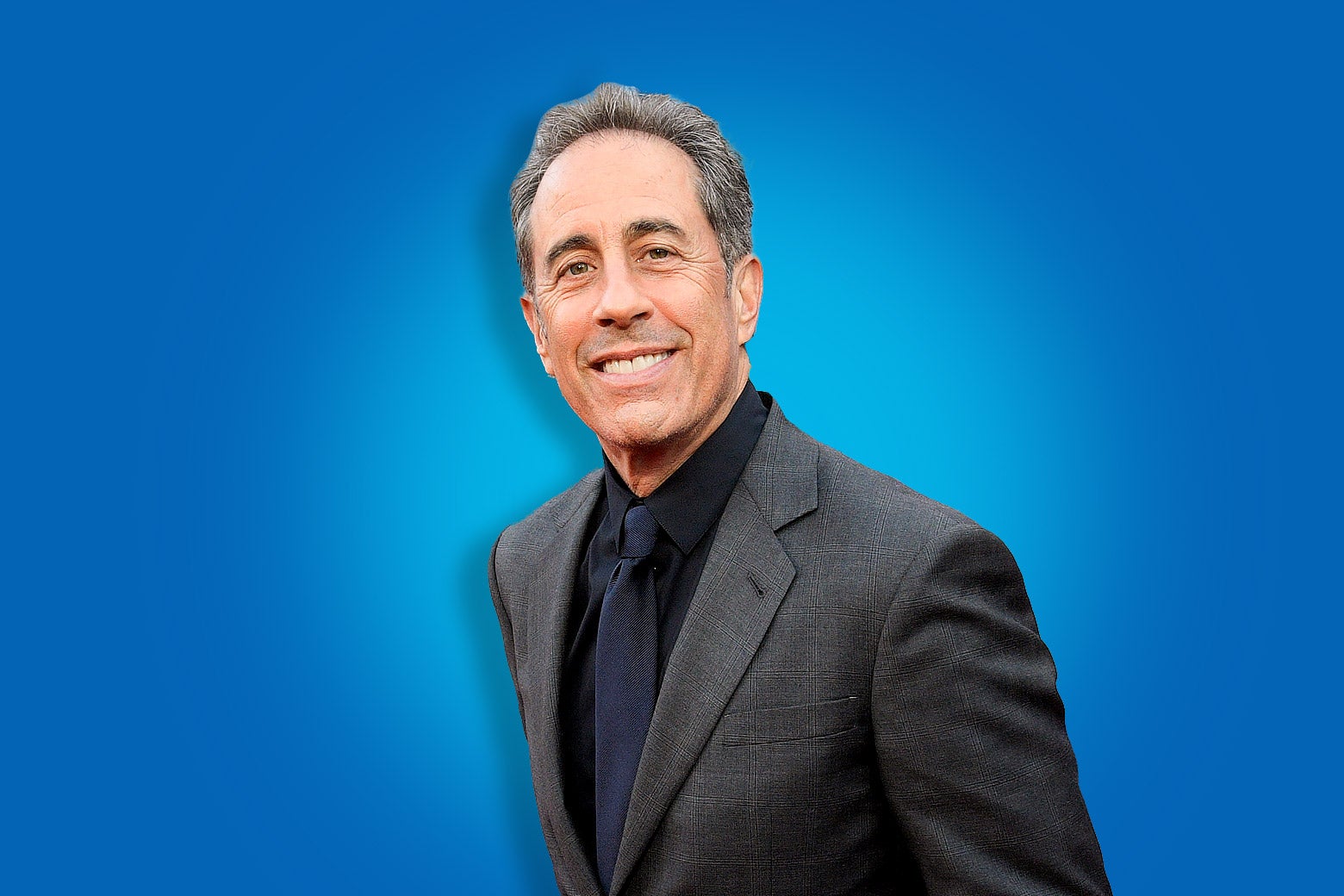What Is the Deal With Jerry Seinfeld?

🌈 Abstract
The article discusses Jerry Seinfeld's career and the legacy of his iconic sitcom "Seinfeld", particularly in the context of his recent projects and public comments. It explores how Seinfeld's comedic sensibilities and perspectives have evolved over time, and how his show's depiction of "anti-heroes" has influenced the landscape of television.
🙋 Q&A
[01] Seinfeld's Career and Legacy
1. What are the key points about Jerry Seinfeld's career and legacy discussed in the article?
- Seinfeld became unthinkably wealthy and famous from the success of his sitcom "Seinfeld", but has not undertaken similarly ambitious projects since then
- He has mostly retreated to stand-up comedy, where he continues to perform and explore his obsessions and irritations with modern life
- His recent projects, like the movie "Unfrosted" and his public comments, have presented a new, more grumpy and opinionated version of Seinfeld
2. How does the article characterize Seinfeld's comedic sensibilities and perspectives?
- Seinfeld is described as a "purist" who believes comedy should carry people away from the serious troubles of the world, rather than engage with them
- He has embraced his misanthropy and cynicism, which the article suggests has become more pronounced as he has gotten older and wealthier
- The article notes that Seinfeld's characters in "Seinfeld" were "antiheroes before antiheroes were a staple of prestige TV", and that the show's finale forced the characters to face the consequences of their selfishness and immaturity
3. How does the article contextualize Seinfeld's recent public comments and projects?
- The article suggests that Seinfeld's recent comments criticizing "PC crap" and the state of the comedy industry are a reflection of his desire to avoid acknowledging the "weight of the world" in his comedy
- It also notes that his new movie "Unfrosted" functions as a "genuine tour inside Jerry Seinfeld's head", reflecting his preoccupations and comedic sensibilities
[02] The Legacy of "Seinfeld"
1. How does the article describe the impact and legacy of the "Seinfeld" sitcom?
- The article suggests that "Seinfeld" was a "kind of system, a machine calibrated to manufacture laughs out of the worst of human behavior"
- It notes that the show's depiction of "anti-heroes" before they became a staple of prestige TV was "thrilling, almost diabolically so"
- The article also discusses how the show's finale, which forced the characters to face the consequences of their actions, was initially reviled but is now seen as a "masterpiece"
2. How does the article compare the finales of "Seinfeld" and "Curb Your Enthusiasm"?
- The article notes that the "Curb Your Enthusiasm" finale revisited and essentially restaged the "Seinfeld" finale, with the key difference being that Larry David was on trial for doing something kind (giving water to a person in line to vote) rather than something cruel
- It suggests that this highlights the differences in the characters' moral codes, with Larry's misdeeds often stemming from "over-adherence to a slightly bananas moral code" rather than pure selfishness and immaturity